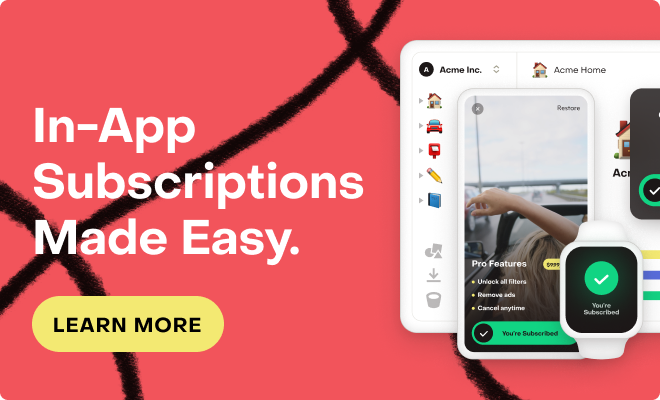I'm navigating the tricky waters of mobile attribution in 2023 for our iOS app and could use some community insights.
We're looking to collaborate with affiliates and influencers and are hoping to attribute post-install purchase events to individual affiliates/campaigns etc.
Ideally, we’d like to avoid having to display the AppTrackingTransparency (ATT) prompt and be able to honestly answer that we do not fall under Apple's definition of “Tracking” in AppStore Connect. As you will know, the mobile attribution market is adapting to many changes in privacy standards, so this isn’t straightforward.
Option 1: Deep Links
We're considering using deep links tied to individual affiliates/campaigns. Is this viable when users haven't consented to the ATT prompt? Without the ATT agreement, how would this affect the capabilities of attribution partners like Branch.io or AppsFlyer?
Perhaps relying on SKAdNetwork integration and other techniques? I haven't gotten a straight answer on what impact this would have from the Attribution Partners themselves (Branch/AppsFlyer). It would be good to know how their ability to attribute purchases to individual affiliates and marketing channels would be affected without ATT, how many attributions are lost? Or how many false positives are generated?
Option 2: Unique Affiliate Codes
Alternatively, we're thinking of the more old-school approach of using unique codes (e.g., BOB10) that affiliates can share. This would give users a discount and credit affiliates based on code conversions. Has anyone gone this route? If so, how did you manage the affiliates, payments, codes etc?
We've looked at Track Desk and Post Affiliate Pro for managing the unique codes but haven't landed on a solution yet.
If anyone has any insights or experiences to share, especially about the ATT prompt and its implications, that would be fantastic.
Thanks in advance for your help!



